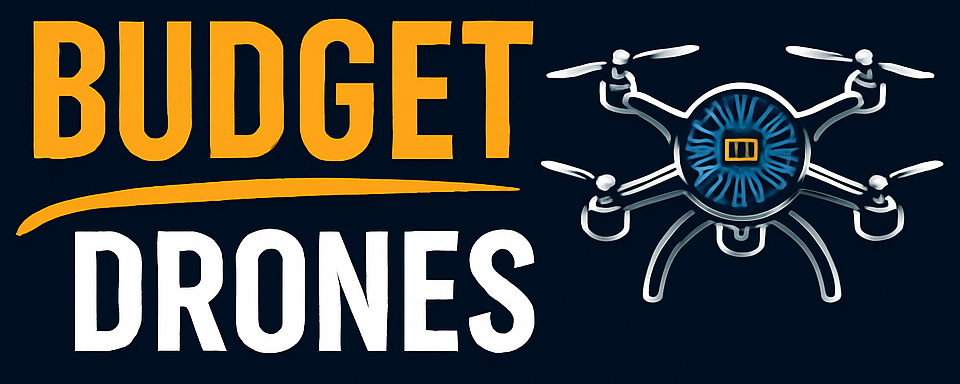Drones for Business: a clear guide to making the right decision
Imagine being able to perform inspections in minutes instead of hours, or to access areas that were previously out of reach for your team. A business drone can completely transform how your company operates—but deciding which technology to adopt can be tricky if you’re new to the field. How do you choose without falling for marketing traps or spending on unnecessarily expensive equipment? In this guide, you’ll find everything you need to understand drone technology and choose the right solution for your company’s needs.
Business benefits of drone technology and commercial applications
The use of drones in business spans many industries, each with its own challenges and technical requirements. In agriculture, drones help analyze crops from above, quickly identifying areas affected by pests or lacking water—preventing major losses. In construction, they simplify site and structural inspections, drastically reducing the risks associated with working at heights. In security and surveillance, drones have become game-changers—covering large areas in record time, providing real-time imaging, and ensuring faster responses to incidents.
The advantages go far beyond modernization. Drones deliver significant operational cost savings, especially in repetitive or hazardous tasks that typically require extensive labor or specialized machinery. Another key benefit is precision. Equipped with advanced cameras and sensors, drones can collect detailed data that would otherwise be too costly or impossible to obtain using traditional methods—dramatically improving the quality of information for decision-making. Finally, drones significantly reduce workplace risks. By performing dangerous aerial tasks, they keep workers out of harm’s way and enhance overall job-site safety.
Integrating drones into business operations: industry-specific use cases
Integrating drones into your company isn’t as simple as purchasing them and taking off. Start by identifying which tasks could truly benefit from drone support. For instance, if visual inspections take too long, a drone with a high-quality camera can be a perfect solution. Next, conduct a thorough cost-benefit analysis—determine whether the time, money, or safety improvements justify the initial investment. Then, ensure proper training for your team or hire certified operators who can use the equipment effectively. A smart approach is to begin with pilot projects focused on specific tasks, measure the results, and make adjustments before scaling up. This minimizes financial risk while maximizing learning and impact.
In real estate and marketing, drones allow the creation of immersive virtual tours that make property sales and product promotion far more engaging. In logistics, companies use drones for urgent deliveries across congested urban areas, bypassing traffic delays. The energy industry benefits immensely from drones equipped with thermal or specialized sensors for inspecting solar panels and wind turbines, spotting faults early and avoiding costly downtime. Every industry has its own requirements that determine which drone model best fits the job—understanding these differences helps you make better, more targeted decisions.
Efficiency and productivity: how to choose the right drone
The productivity boost from drones is undeniable. Tasks that once took days can now be completed in hours—or minutes. Inventory checks in large warehouses or surveying vast farmland can be done quickly and safely. With real-time data transmission, decision-making becomes faster and more effective, allowing teams to focus on strategic work instead of repetitive manual processes.
When selecting a drone for business use, start by clarifying your real needs.
- If you need to cover large areas, prioritize longer flight autonomy.
- For detailed inspections, focus on camera and sensor quality.
- Payload capacity also matters: some drones can carry extra equipment such as thermal cameras or LiDAR scanners, while others are suited only for light tasks. Understanding these differences prevents wasted spending on unnecessary features and ensures your investment delivers measurable value.
Regulations and safe commercial drone operations
Despite their advantages, commercial drones are subject to regulations that vary by country. Operating them typically requires permits or certifications for both the company and the pilots to ensure compliance with airspace safety and privacy laws. Staying informed about local regulations helps you avoid fines and operate legally and safely. In addition, investing in proper training ensures your staff handle drones professionally, maximizing benefits while minimizing risks.
Now that you understand how drones can enhance your business operations, you have the tools to assess their potential impact carefully. Are you ready to use drone technology to make your business faster, safer, and more efficient?




